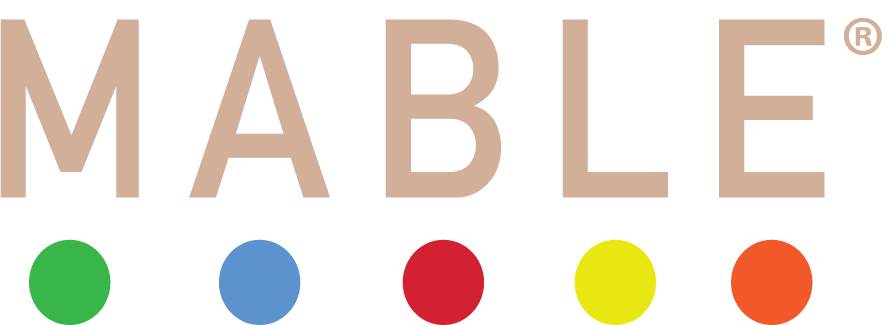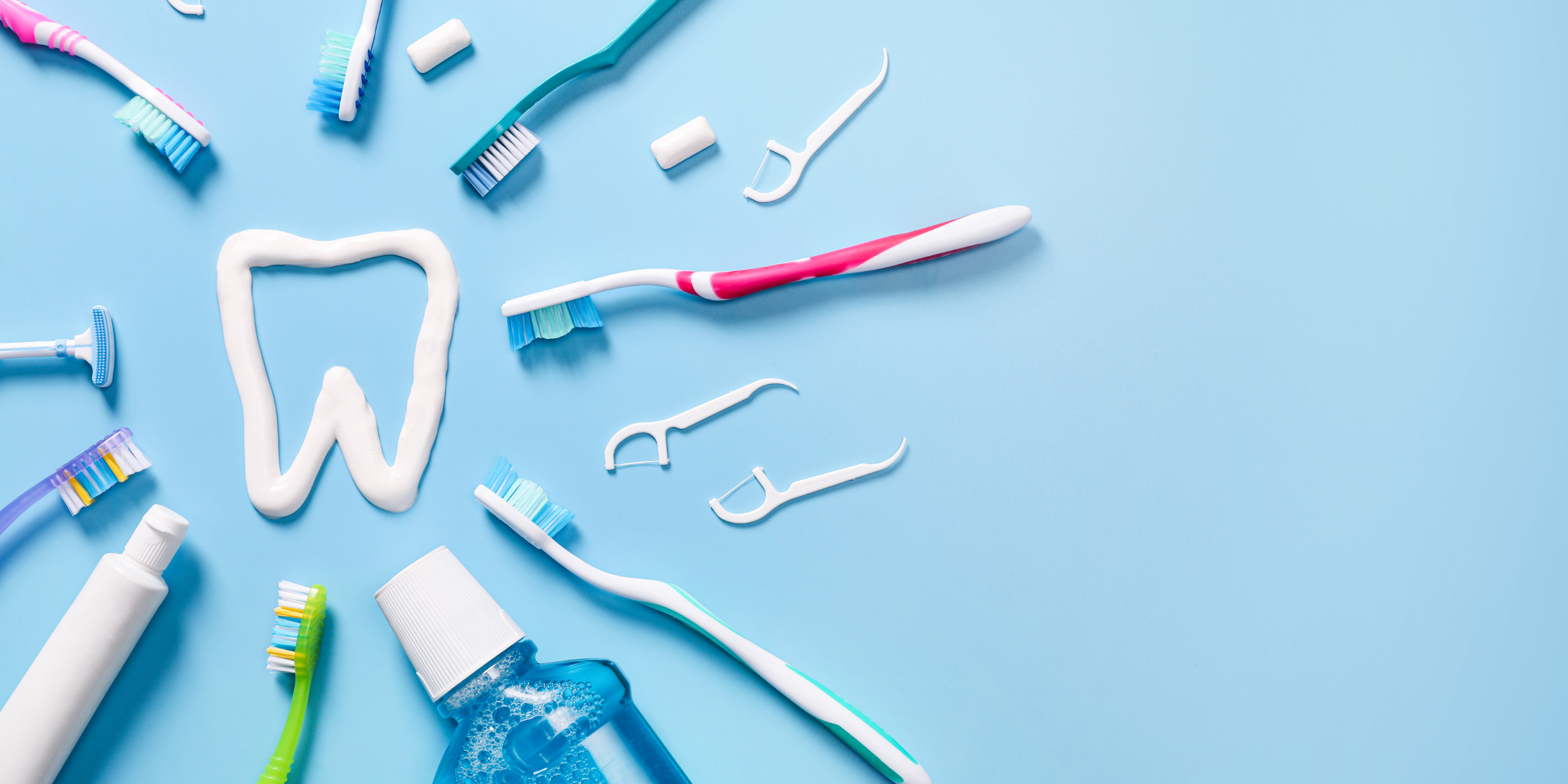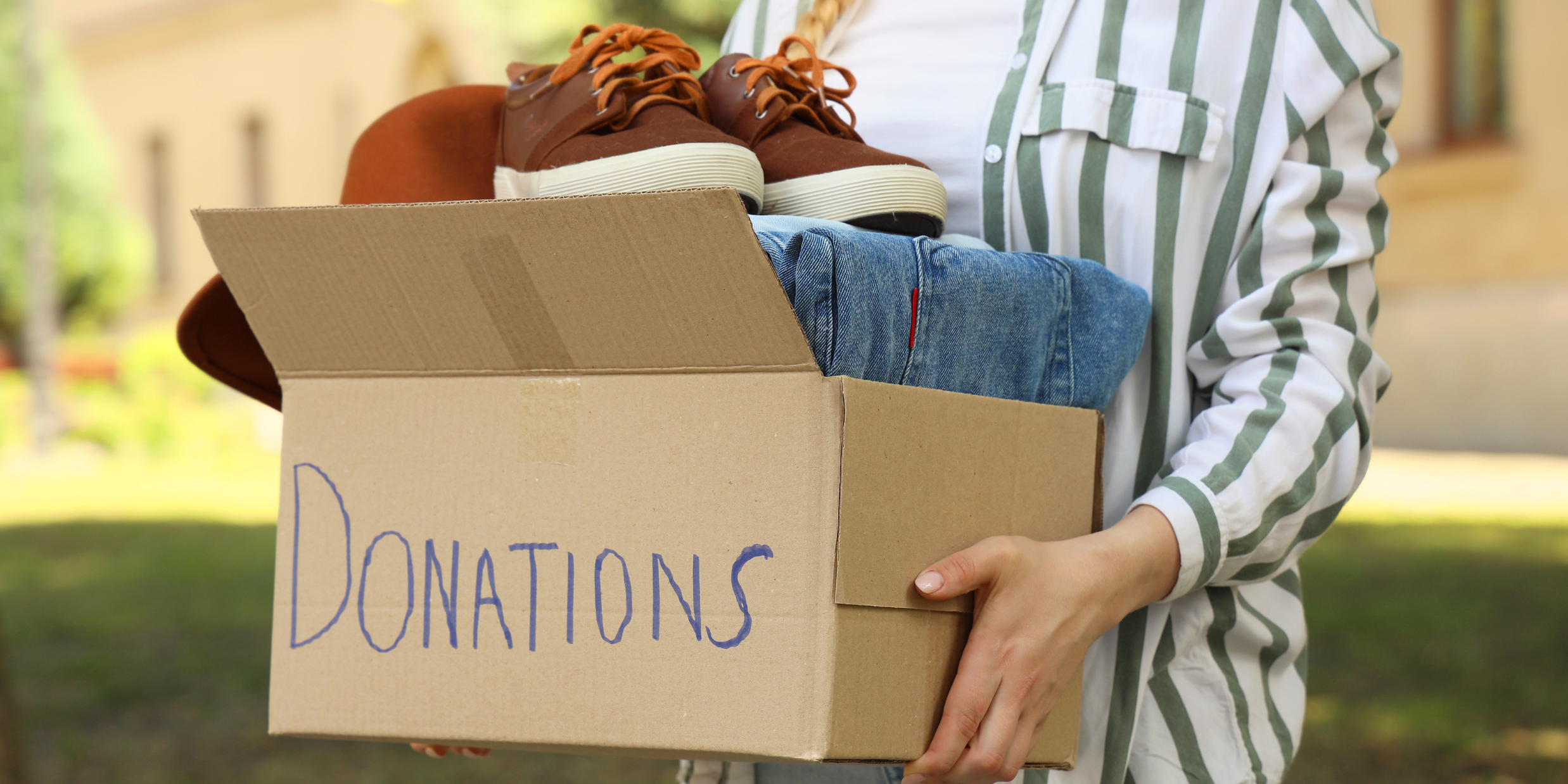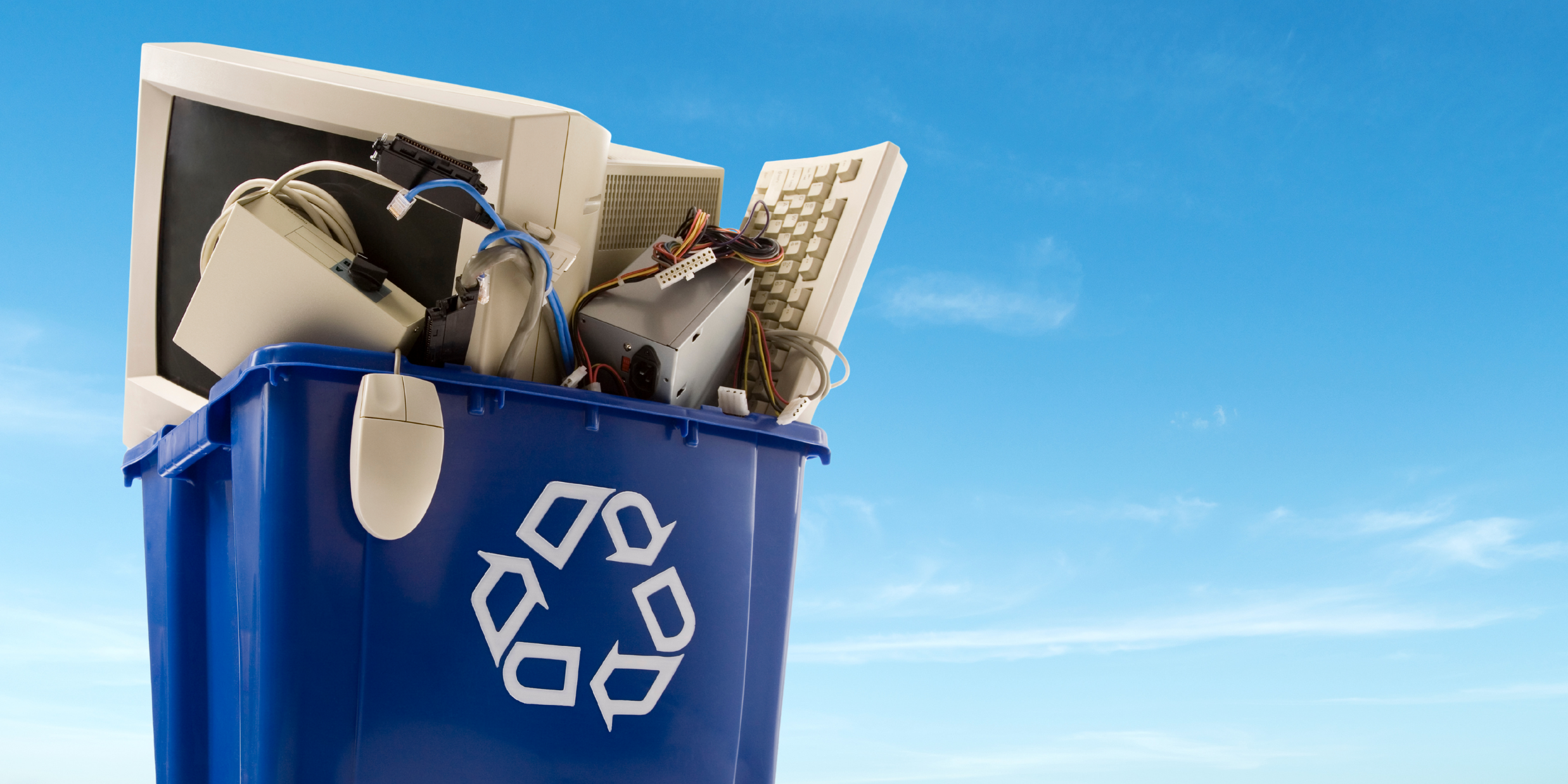Oral care is something we do every single day—yet behind our toothbrushes, floss, and toothpaste lies a hidden environmental problem. Traditional products are often made with plastics, nylon, and multi-layered packaging that end up in landfills or oceans. In fact, about 4 billion plastic toothbrushes are discarded worldwide each year, with many of them accumulating in landfills or entering waterways. Add to this the problem of plastic toothpaste tubes and mixed packaging, and the total share of plastic waste from oral care becomes significant.

What if your daily routine could protect both your smile and the planet? That’s where sustainable oral care steps in. Companies, innovators, and eco-conscious consumers are making big changes, from switching to bamboo handles and refillable packaging to introducing take-back programs. In this blog, we’ll explore the major polluters in oral care, highlight industry innovations, and share practical ways you can reduce your environmental footprint—without compromising on dental health.
Major Oral Care Polluters & Their Environmental Impact
While oral care seems harmless, everyday products can create long-lasting waste:
-
Plastic toothbrushes:
Billions tossed annually; non-biodegradable handles and nylon bristles clog landfills and oceans. As one recent study noted, about 23-29 billion toothbrushes are discarded globally each year, amounting to roughly 600 million kilograms of plastic toothbrush waste.

-
Dental floss:
Many varieties are made of nylon or PTFE, which are plastic based and persistent in the environment. Not to mention the single-use plastic flossers or floss containers.
-
Toothpaste tubes & packaging:
Most tubes use mixed plastics or aluminum lined with plastic, making them nearly impossible to recycle.
-
Other oral hygiene waste:
Mouthwash bottles, whitening strips or even plastic-based chewing gum contribute to landfill piles.
Together, these items form an unseen but significant share of bathroom-related waste, underlining the urgent need for sustainable oral care solutions.
Industry Initiatives Making a Difference
Here are concrete innovations, product examples, and programs addressing these issues:
-
Bamboo, recycled plastic & compostable toothbrushes
MABLE is leading the way with its range of FSC-certified bamboo toothbrushes for adults and children. By choosing bamboo, a fast-growing and renewable resource, MABLE provides a powerful alternative to plastic brushes that significantly cuts down on landfill contributions. This design shift demonstrates how a simple swap can create large environmental benefits.
-
Unilever’s “Signal Ecolo Clean” toothbrush (in France, and expanding) uses 100% food-grade post-consumer recycled plastic (PCR), with 40% less plastic than a standard toothbrush, and comes in fully recyclable/paper packaging. It includes a consumer-return partnership with TerraCycle for toothbrushes. While this is a step in the right direction, it’s still plastic.

-
Plastic-free or reduced plastic toothpaste tablets / powders / refills
- Brands like Bite and Canary offer toothpaste tablets: Bite has tablets (also called “bits”) with refillable containers and minimal packaging.
-
Canary Clean Co. offers plastic-free toothpaste tablets packaged in reusable glass jars with compostable refill pouches.
-
Biodegradable floss
Traditional floss contains plastic and PFAS chemicals, but MABLE provides a perfect solution with its compostable silk floss. This natural alternative comes in a refillable Stainless steel container, aligning perfectly with sustainable oral care practices and eliminating plastic floss waste.
-
Some brands now offer natural alternatives, such as bamboo floss or cellulose-based floss that are derived from plants and may be commercially compostable but do your research there is a lot of greenwashing. These are still a step in the right direction when compared with nylon or PTFE floss.
-
Sustainable razors & stainless steel safety-razors with blade recycling / take-back options
Oral care overlaps with personal grooming. For items like razors, a great sustainable option is to choose a stainless steel safety razor. These razors are built to last a lifetime, and their metal blades are fully recyclable through many municipal metal recycling programs once they are safely collected in a dedicated blade bank.

-
Albatross Designs has a Blade Take-Back Program: they accept used double edged razor blades (of any brand), upcycle or recycle the steel.
-
Brands like Ecoternatives offer stainless steel double-edged razor blades (100-pack options) and encourage safe collection and recycling of used blades.
-
RAZECO produces disposable and system razors made from ~99% bio-based material; their handle for system razors is durable (steel) and their disposal model aims for low environmental impact.
-
Extended Producer Responsibility (EPR) & Take-Back Programs
Extended Producer Responsibility (EPR) ensures companies take responsibility for their products’ end-of-life waste. In oral care, this means brands must take accountability for the billions of toothbrushes, toothpaste tubes, floss containers, and razor blades that would otherwise end up in landfills or oceans. Several major players are beginning to close the loop with take-back and recycling programs:
-
Colgate’s Oral Care Recycling Program (with TerraCycle): Colgate offers a free, nationwide take-back program for oral care waste from any brand—including toothbrushes, toothpaste tubes and caps, floss containers, and outer packaging. Collected items are cleaned, melted down, and repurposed into durable products like park benches and playground equipment. This program makes Colgate the first major oral care company to launch a comprehensive, brand-agnostic recycling initiative.

-
Gillette’s Razor Recycling Program: Through TerraCycle, Gillette accepts blades, razors, and plastic packaging from all brands, ensuring that even small, hard-to-recycle items are diverted from landfill and recycled responsibly.
-
Unilever + TerraCycle (Signal Ecolo Clean Toothbrush): Unilever’s partnership allows consumers to return used Signal toothbrushes for proper recycling, part of a broader strategy to reduce virgin plastic use across its oral care line.
EPR isn’t just a recycling initiative—it’s a signal that companies are finally taking responsibility for the full life cycle of their products.
Everyday Actions Consumers Can Take
You don’t need to wait for big companies—your personal swaps matter. Here are simple steps you can adopt today:
-
Replace plastic brushes with bamboo, recycled plastic, or compostable toothbrushes (including looking out for electric toothbrushes with replaceable heads).

-
Choose biodegradable floss made from natural materials.
-
Switch to plastic-free toothpaste tablets, powders, or refill your toothpaste at refill stores..
-
Store your bamboo toothbrush in a toothbrush travel case when on the go.
-
Use safety razors or stainless steel razors, collect and recycle/return used blades via take-back programs.
-
Join citizen / local / brand take-back or recycling programs for toothbrushes, tubes, floss containers, razor blades. Many beauty and zero-waste stores have deposit programs for beauty and bathroom waste.
-
Encourage family & friends to make small oral care swaps for the planet.
Updated Facts & Statistics
-
Approximately 4 billion plastic toothbrushes are discarded annually around the world.
-
Globally, toothbrush waste constitutes close to 600 million kg (≈ 600,000 metric tonnes) of plastic per year just from toothbrushes alone in one estimate.
-
In studies of global plastics, only ~9% of plastic produced is recycled, with the rest ending up in landfills, incinerated, or leaking into the environment.

Every small change in your bathroom routine has a ripple effect on the planet. By swapping to compostable toothbrush handles, choosing biodegradable floss, moving to toothpaste tablets, and supporting recycling take-back or EPR programs, you’re not just protecting your teeth—you’re helping reduce plastic waste for generations to come.
The shift toward sustainable oral care is a movement anyone can join. Support refill programs, choose eco-friendly alternatives, advocate for stronger recycling options in your community, and ask brands what they are doing. Together, we can close the loop in the circular economy and create a healthier future for both people and the planet.






Share:
Toothbrush Bristles: Materials, Production, and Eco-Friendly Alternatives
Natural, Semi-Natural, and Synthetic Fibers: A Guide to More Responsible Clothing